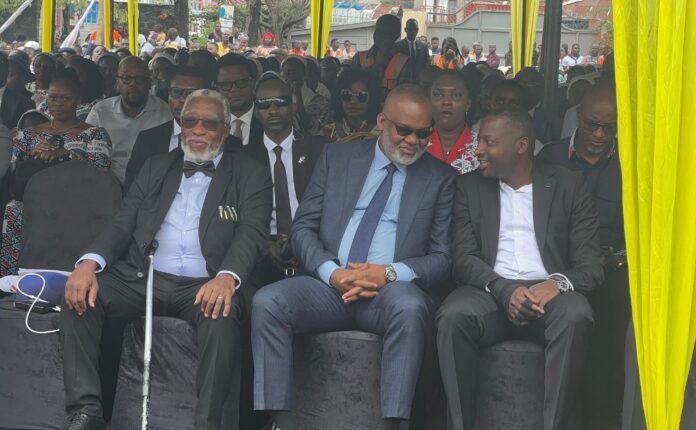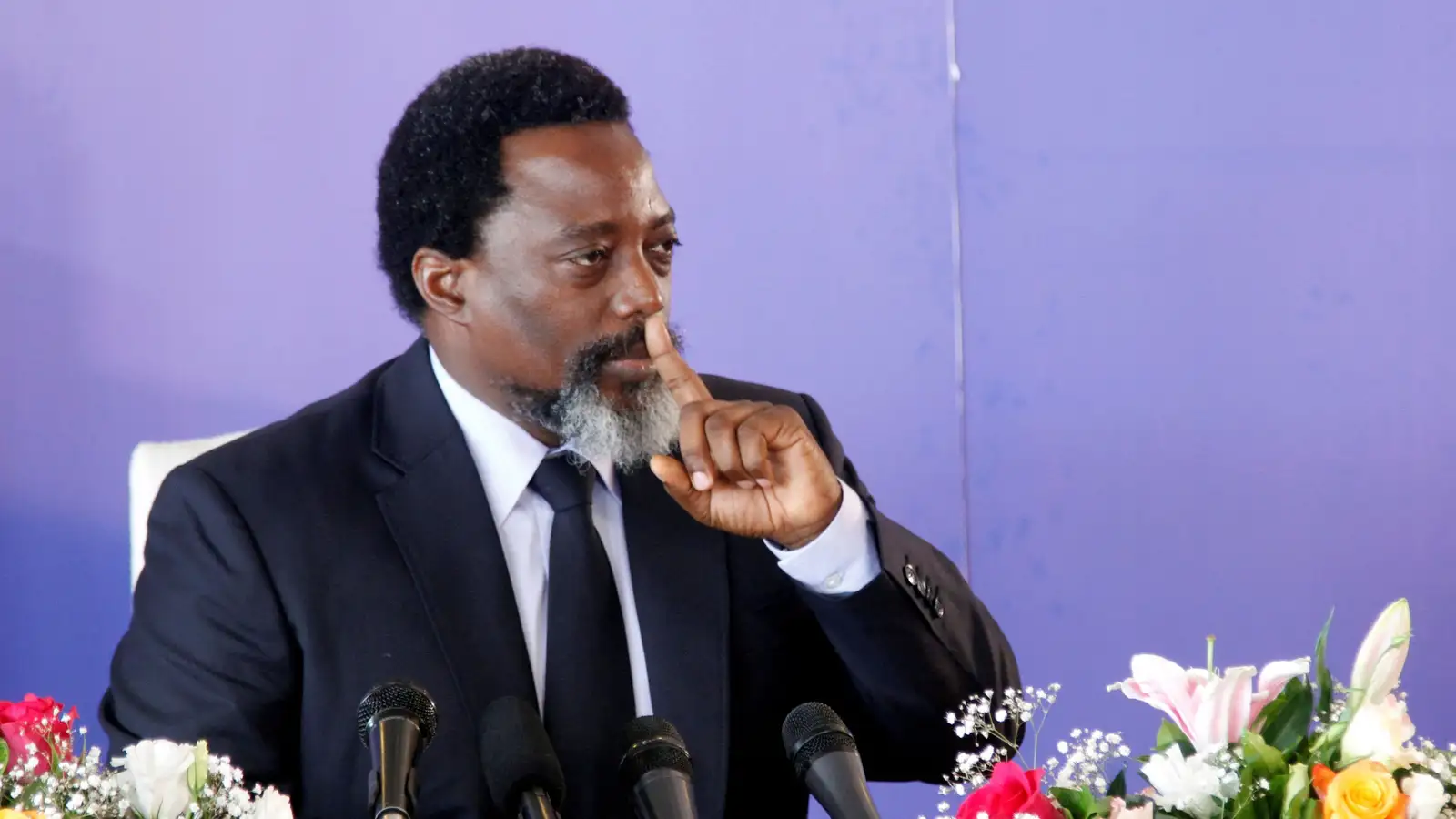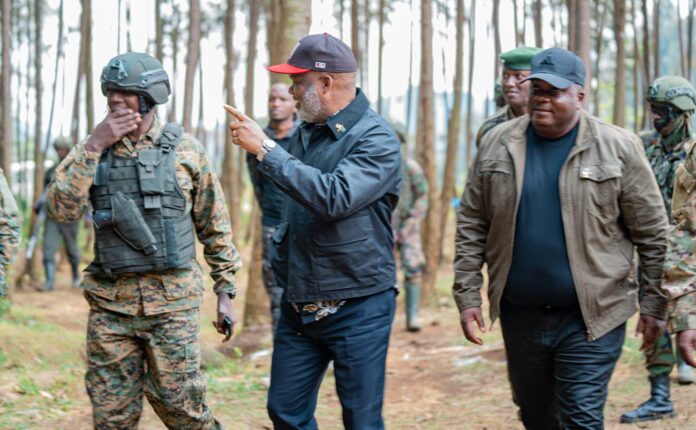In the heart of South Kivu, where conflict has long simmered, the city of Uvira has once again plunged into chaos. This time, the violence pits the Congolese army (FARDC) against former allies the Wazalendo militias once celebrated as patriots defending the Republic against insurgents from the Alliance Fleuve Congo (AFC/M23).
Note: Company, Blog, Church websites are free.
The fighting offers a stark portrait of a military coalition crumbling under the weight of mistrust, political miscalculations, and ethnic favoritism, all under the leadership of President Félix Tshisekedi.
According to multiple security sources, several FARDC soldiers were seriously wounded in coordinated attacks launched by the Wazalendo. The militias, now openly hostile to Kinshasa, accuse the government of sidelining them and entrenching tribal favoritism within the army’s ranks.
At the heart of the crisis lies a toxic perception: that military promotions and command posts are distributed based on ethnic ties rather than merit. This resentment has steadily eroded the fragile trust that once bound the coalition, culminating in a de facto mutiny. In Uvira and its surroundings, strategic military positions have fallen under the control of rebel forces.
The rupture was hastened by a controversial political maneuver: the announcement of dialogue between President Tshisekedi and Corneille Nangaa the former head of the Electoral Commission and now the leader of the AFC/M23 insurgency. Seen as a betrayal by many within the Wazalendo, the move deepened the rift and obliterated the last vestiges of loyalty among pro-government militias.
But beyond the immediate bloodshed, the rebellion exposes a deeper rot within Congo’s military institutions. A force undermined by politicized promotions, ethnic divisions, and chronic dysfunction is ill-prepared to withstand the complex threats brewing across the eastern provinces.
Adding fuel to the fire is Kinshasa’s deafening silence. As casualties mount and violence becomes routine, popular anger simmers dangerously beneath the surface. In a region where loyalties are transactional and alliances shift with the winds, the government now faces a crisis of authority one that originates within its own ranks.
The collapse of the chain of command and the return to a militia-based logic threatens to drag the country toward a wider security implosion, the consequences of which could be devastating and far-reaching.
At this pivotal moment, only a bold and clear-headed strategic reset can avert disaster. The Democratic Republic of Congo must urgently reform its military institutions, confront and heal ethnic fractures, and restore the republican ethos within its armed forces. Without decisive action, the forces once entrusted with defending the nation may well become the architects of its unraveling.



